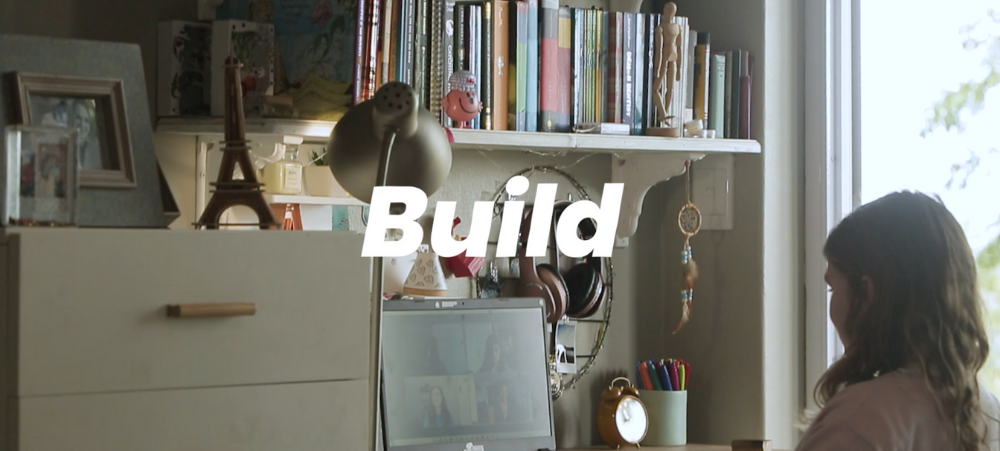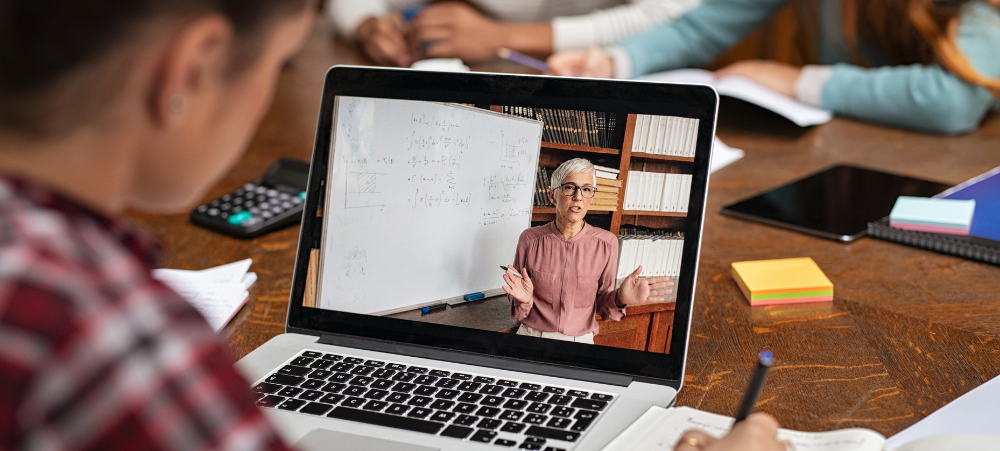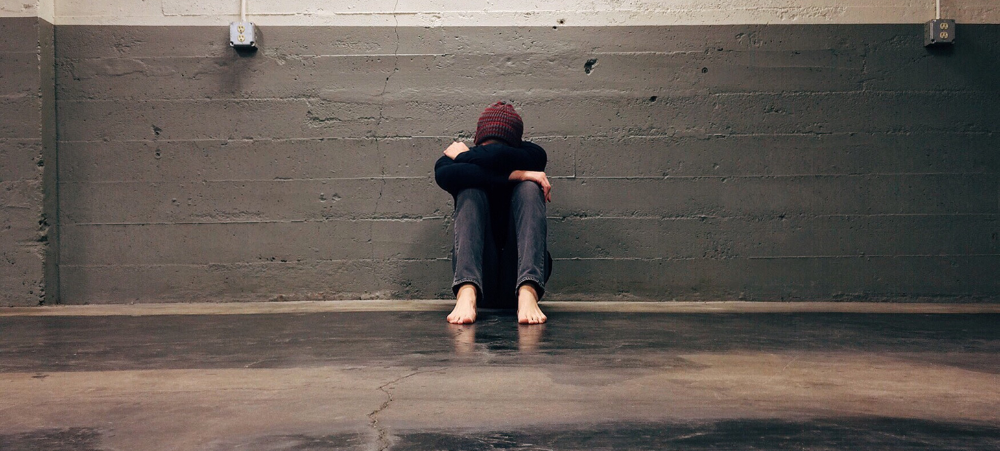Nowadays, we frequently hear about the importance of ‘lifelong learning’. But what is this? Lifelong learning is a self-driven, sustained pursuit of knowledge and experience that inevitably enhances our personal and professional lives. The mantra of a lifelong learner is that there is always more to learn.
In our personal lives, lifelong learning leads us to new frontiers and into exciting worlds based on the individual interests we pursue in our free time. In our professional lives, lifelong learning compels us to build on our work skills-sets; helping us to stay relevant in the fast-changing world of work, increasing our competitiveness in the job market and opening up new and better work opportunities. Across these interconnected spheres, lifelong learning tends to lead to greater fulfilment in life, and often enhances our capacities for personal development, active citizenship, and social cohesion.
Should lifelong learning be taught at school?
We asked Mark Anderson, Principal of high-engagement online school, Koa Academy, and he says: “Lifelong learning is a skills-set encompassing both ‘hard’ and ‘soft’ skills. School is where it starts formally. There are technical, practical skills when it comes to learning such as time management and self-management which can be taught and reinforced in the school environment. There are also ‘soft skills’ which are taught through modelling, coaching, and practicing over time. Developing these skills rests on the foundation of an essential spark that ignites a desire and an enjoyment of learning which you find in high engagement school environments. Children are innately curious, and curiosity is the major driver of learning. The school environment, as well as the home environment, need to keep triggering that curiosity which creates the opportunities to develop the skills and self-motivation to keep learning. It is this that opens up the pathway to a lifetime of continuous learning.”
How do our kids ‘learn to learn’, and how to think about their learning?
Mark says, “The best place to start with young people is to help them figure out their individual interests as well as why we learn certain things in school. We also want to develop key skills which make learning easy – like being able to prioritise, organise and manage time effectively. We also want to nurture a high sense of personal investment in learning – the idea that my learning benefits me personally and significantly, which helps develop learners who are highly self-motivated. The last thing you want is your child to finish Grade 12 and still have to be told what to study, when to study, how to study and – especially – why to study!”
Lifelong learning is a game changer for our future adults. Some of the many benefits include being able to identify and reach personal goals more easily, increased financial opportunities, healthier brains, higher self-confidence and self-motivation, and improved social skills.
Discover Koa Academy here
- What Are Parents Really Hoping For in Their Child’s Education? - December 2, 2025
- Alumni Spotlight: Tamisha Sinan, Class of 2024: Thriving After Koa Academy: Real-World Skills in Action - November 13, 2025
- Can You Really Make Real Friends Without a Physical Classroom? - October 2, 2025





